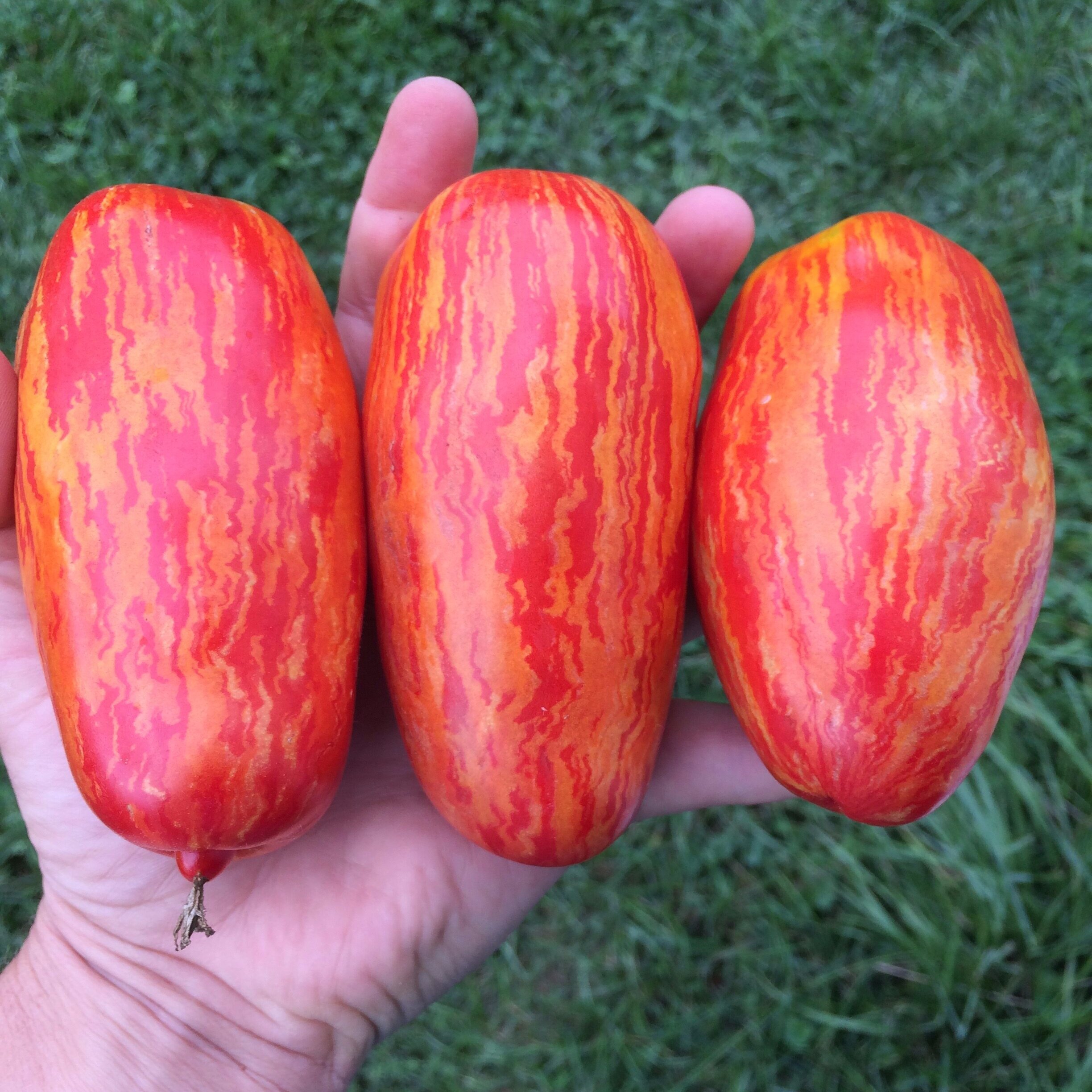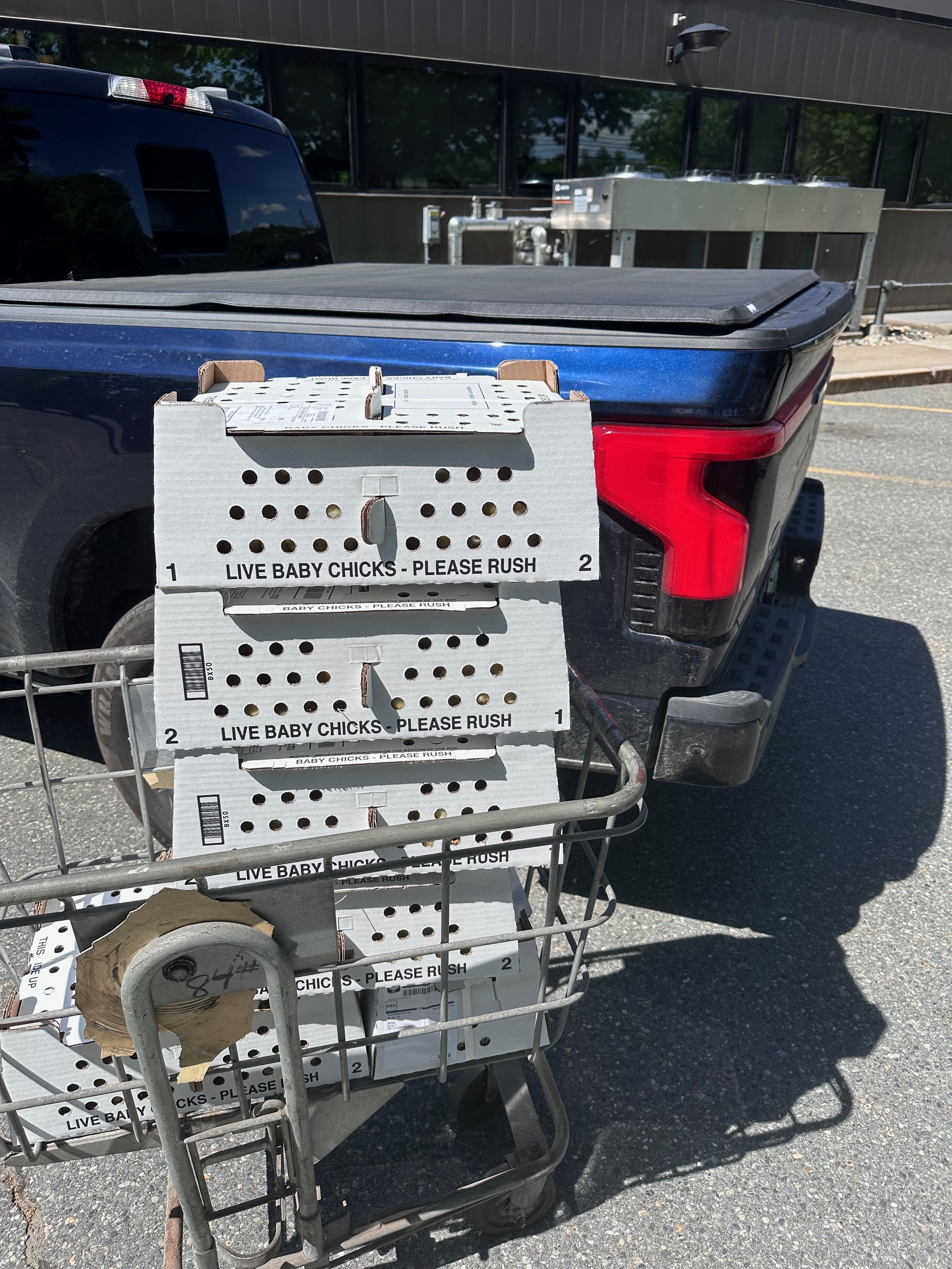Veggie Philanthropy
/Boy, our market economy is terrible at growing food: nearly all food globally is sold for less than it costs to produce it. How is this even possible over time? Two reasons: the first is that all kinds of governmental subsidies are applied to the growing and transporting of food, especially for the largest producers, giving them extra income; the second is that the negative economic externalities of growing food (soil erosion, water pollution, habitat destruction, climate change) are either foisted off onto taxpayers or onto future generations.
How are small farms like Sunrise able to compete with that? We grow fresher, better tasting, and more nutritious food than can be found in the grocery store, and we aim to compete on quality not on price. But we also subsidize the cost to the consumer, both by not selling our land to the highest bidder and by working for wages that are lower than we could find elsewhere in the economy given our collective skillsets.
Even so, our prices are often significantly higher than those in the stores. If we’re going to get our food to a wide range of people who need it, regardless of their incomes, we need outright philanthropy to bridge the gap. We work with two non-profits - Willing Hands and NOFA-VT (the Northeast Organic Farming Association of Vermont) - to make this possible. So far, as of early March, our CSA members have rounded up their share prices to the tune of $3,658 to buy CSA shares for Wiling Hands and $2,109 for NOFA-VT to assist other CSA members who can’t afford the full freight. A huge THANK YOU to all our CSA members for your generosity and for seeing the farm as an integral part of the larger community.






